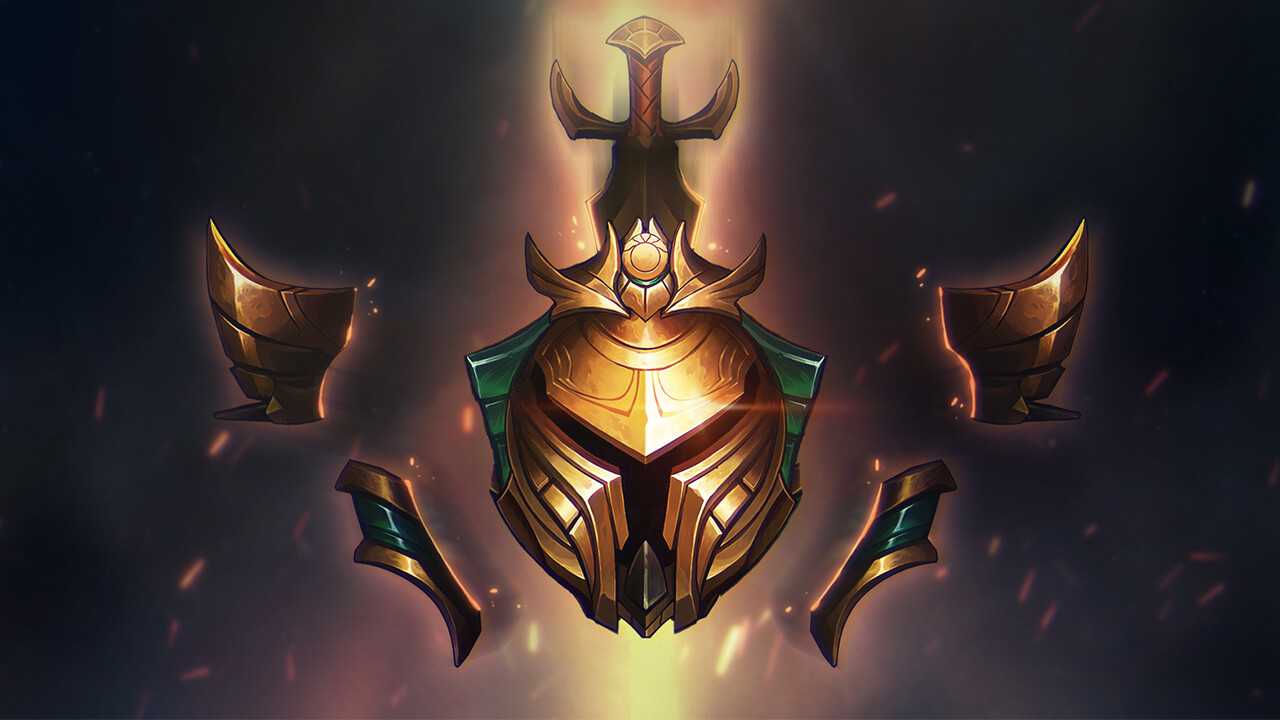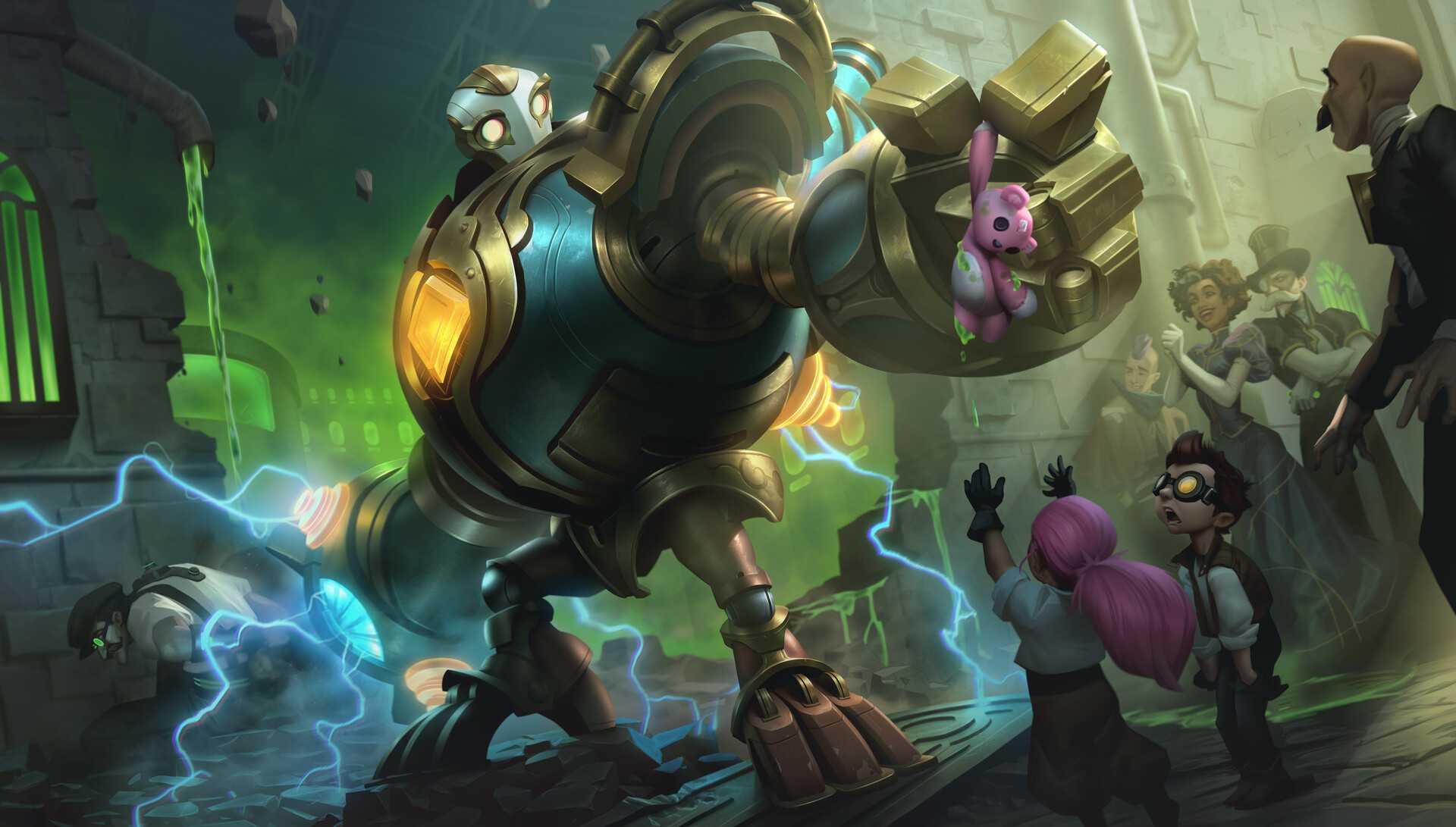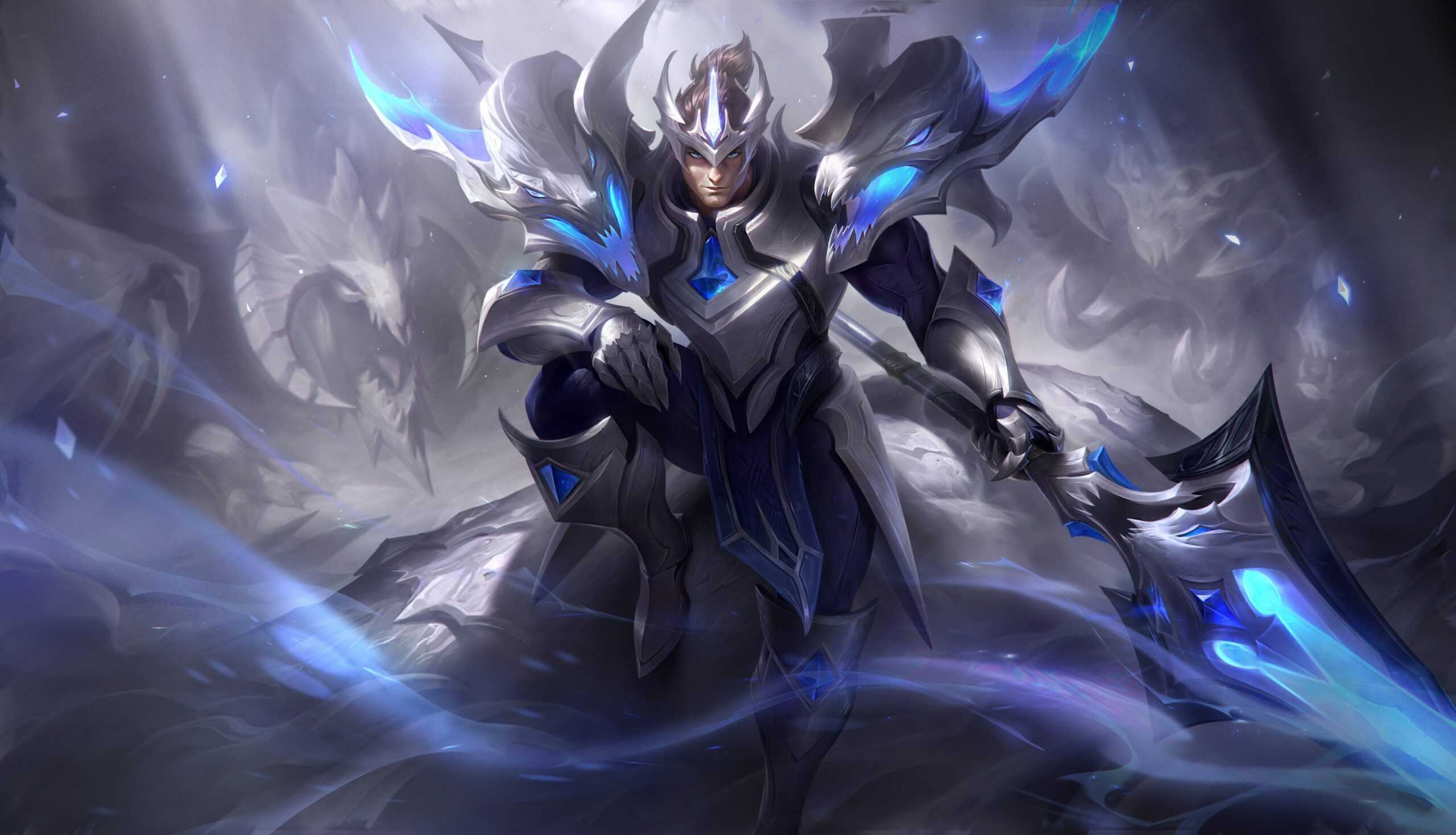Ranked Tips for the End of Season 11 of League of Legends
Strategies and tips to help you make that final push in Season 11. We cover everything that you need to know to be the best League player you can be to finish the season!
Strategies and tips to help you make that final push in Season 11. We cover everything that you need to know to be the best League player you can be to finish the season!
The end of the League of Legends season can be a stressful time. Everyone’s making that mad push towards the end of the season trying to reach their desired rank, while also emulating what they see from the Pros during Worlds. Between the new picks, strategies, and even the trolls and inters that lurk up to ruin everyone’s climb, reaching your goal can seem next to impossible. But, I’m here for you! Today, I’ve compiled advice from all across the League educators and pros to craft a set of tips that should help you reach your ranked goals before Season's end on November the 15th!
Tons of players pride themselves on their understanding and ability at multiple picks within their role. And while this flexibility can be invaluable at times, the age-old advice of Pros & High-ELO Players is to narrow your pool if you want immediate results.
Why? Narrowing your pool is going to do, primarily, two things for you. Number one, it’s going to make auto-piloting a good thing for you. Tons of players auto-pilot after playing one or two games, and if you’re varying your Champion choice in that time, you’re not allowing your most valuable asset, muscle memory, to back you up. By staying within a few certain picks of a similar style, whenever you’re put under pressure, your muscle memory can take over during the high pressure moments which can allow you to think and consider your plays separate from your fingers. If you have to focus on mechanically executing your Champion, then you’re not going to be able to see the next step ahead of your opponent which can reduce your outplay potential, establish deeper leads, or close out games.
Secondly, you’re going to be able to quickly measure your aptitude on a particular Champion far more quickly. Say you’re casually playing around six Champions, one Champion in particular you seem to be winning more games on. Confirmation bias is going to tell you that you’re awesome at that Champion due to your comparatively high win-rate against your other picks. However, that red win-rate percentage on OP.GG could be distracting you from the statistical data that you can use to measure your aptitude, such as CS/min or KDA. By narrowing your pool, the picks you focus on can become less ‘luck based’ in their results and you can truly begin to see if you’re a contributing member to your games. A Champion you may have held an 80% win-rate might significantly drop because you’ve put focused time on them, but if their statistical categories still measure up, then you’re performing well on the Champion and keep them within your pool. But, if that Champion drops off hard and your stats remain low, then it should become quickly clear to you that you need to change the pick out for something that fits your hands better.
But beyond those points, narrowing down on Meta picks within your pool is going to lead to quicker results as well. To state the obvious, Meta selections are often better at abusing or taking advantage of aspects about the game that others aren’t. Further than their abuse factors, Meta picks often synergize well with other meta selections. For example, Jarvan rose to popularity due to an increased emphasis on skirmishing Junglers, and with the rise of Miss Fortune and Amumu Support, his synergy with these picks has helped him maintain an even stronger status in the meta.

If you’re anything like me, come season’s end you’re wanting a change of pace. I often find myself playing roles beyond my primaries, ADC and Support, in Normals and Flex lobbies with friends just to keep that spice going.
But, if you’re trying hard to reach your goals towards the end of the season, now’s not the time to make any drastic changes to your play pattern. Yes, you might be experiencing success in an alternate role in Normals or in Flex Queue, but you’ve climbed as far and as hard as you have this season due to your experience and mastery over your main role. To throw all of that away when consistency is what matters the most would be absolute insanity. So, double down on your role and refine and practice it further in non-ranked settings if you’re not feeling up to the grind on a given day.
A big factor of climbing is the reduction of risk. How easily you can make a play or control how a game folds out shapes the entire meta. In that same regard, Duo-ing is a large consideration to the factors of climbing. A good duo that possesses your same desire to climb and carry alongside you, but also comes packaged with rock solid mental focus. A great duo partner’s inclusion to your climbing plans reduces the risk of running into the hard Tilter, the heavy Rage-Inter, or even the guy that’s looking to tank their account at season’s end. And in the event that you should hit those rough matchups with those previous players or even encounter a solid duo on the enemy team, in theory, you and your partner’s synergy and communication should be enough to overcome any downside.
But, there’s a risk to Duoing that often goes overlooked. When it comes to Duo-Queue, Riot factors in the potential behind synergy and communication and actually raises the bar on the MMR level that you and your duo partner are competing in to compensate. So, where you might regularly be facing opponents at your equal rank, throwing your duo into the mix is going to elevate that bar slightly so you’re going against opponents that are an inner-tier higher than you or your partner.
While that might not seem like much, sometimes you hit players that are on the trend upwards which can cause you to run into Smurfs that are just beyond your skill-level. Additionally, there’s no genuine call as to who the system is basing itself off of. We like to think there’s a happy medium between you and your partner, but in cases where the ranked difference between you and your duo is significant, the variation in rank on the other three teammates you have can be high which leads to mixed levels of skill. Whereas your opponents are most assuredly getting locked in at a higher/similar skill to combat your duo synergy.
So, it’s on you to weigh that risk. If you’re a strong solo-carry player, then maybe finishing out alone is the key. But, if you’re a facilitating player with a strong mechanical buddy, maybe bringing them in and coordinating over the system is the way you win out for your ranked goals.

You don’t see athletes suddenly ascend to the tops of their sports by just randomly working on and at various times. They structure their routines with specific times, they focus on specific muscles or workouts that promote things like agility or flexibility. They take the time to invest in themselves piece by piece before the machine that is their body is a 100% dominant force for competition.
And if you care about getting results when climbing, you should do the same. Start first by committing yourself a structured play time and free yourself from distractions. Minimize all the things outside of the game such as family, friends, school, or work. Handle your obligations there before sitting down to play so that unnecessary stressors don’t come into account mid-game.
Next focus on aspects about your game that need improvement and spend a period of time before your ranked sessions practicing them. If you’re an ADC, Top, or Mid, spend time CS-ing and trying to reach perfect CS. If you’re a Jungler, work on solo clears of your primary routes. If you’re a Support, work on tricky Flash cancels and ward angles. Then, after practice, apply what you practiced in the game.
For your games themselves, I always encourage structured ‘Best Of’ format with sets in 3s and 5s. So, your goal is to win 2 out of 3 games, or 3 out of 5 games, depending on which set you have time to commit to. If you win your set early, finish out the games since you committed to that time anyway, or if you’ve the time to upgrade your set to the next bracket (3 to 5) then do so.
What’s important within these sets is that you’re hyper-focused on the game and how it’s unfolding. You're applying what you’ve practiced previously or setting goals for yourself in each game to focus on. And in between games, you’re taking a breather to stretch and lookback on any situations you felt could’ve played differently.
I suggest the breaks between games be around 5 to 10 minutes, whereas breaks between sets to be 1 hour or longer. You want to keep your hands fresh between games, but keep your body limber so take the time to stretch and get some water to help maintain focus. But, between sets we’re either going to be looking back and VOD reviewing our games, or we’re going to be separating ourselves entirely and just detoxing from the experience with other games or consumption of other content. Sometimes it’s okay to step back and just get away if the series was particularly difficult.

Dodging has been discouraged by Riot due to their desire to get people into games more often and remove the disruption that dodging brings. But, sometimes you just need to bite the LP loss bullet and dodge.
Playing a lobby out with trolls, inters, or players that clearly have no intentions on being a unit are going to be far more taxing on you and your playtime than they are going to be worth the LP of trying to carry. A set of games with trolls present could ruin any flow or practice that you established with yourself unless you’re sagely able to separate yourself from their chaotic energy. But that sort of effort takes time, and then you also have to bank on your teammates not falling prey to their troll behavior in the lobby and game too. There are just too many chaotic variables to deal with when it comes to players not actually looking to climb or win, so dodging them and their Disco Nunu Supports is always going to be worth it.
And I think this is the case even after your first dodge is down too. At this point you’re able to save your MMR over saving your LP. Preserving your MMR is one of the biggest strategies to climbing anyway, so taking the measure this late in the season might seem a bit silly when the idea is to get immediate LP gains. But, if you’re setting out structured time throughout a week, by maintaining your MMR instead of losing in troll games, you’re setting up your future sessions for success and will more easily be able to climb beyond where you knocked yourself down from.
Last but not least, one of the most important aspects of League of Legends is the fact that it’s a team game. Not every draft is going to fold out the way that you want it, sometimes you’ll be having to blind pick, and it’s on you to be able to manage what is within your control and not be a detriment to your team.
Becoming carriable is a key aspect of ascending the ranked ladder throughout the season, but when we’re down to the wire quickly recognizing when you need to shift your mindset from carry to facilitator is key. Become carriable, play around objectives, play safely, enable your teams with information and positive support, and above all, don’t tilt.
And you’ll see not only the end of your season close out strong, but you’ll start off next season with the right mindset to improve and ascend even higher.
I hope these pointers serve you well! Be like water, my friends. Survive, adapt, and overcome every obstacle in front of you, be they yourself or trolls. Make your mark on Season 11 and ready yourself for all that will come with Season 12. We here at DIG believe in you!